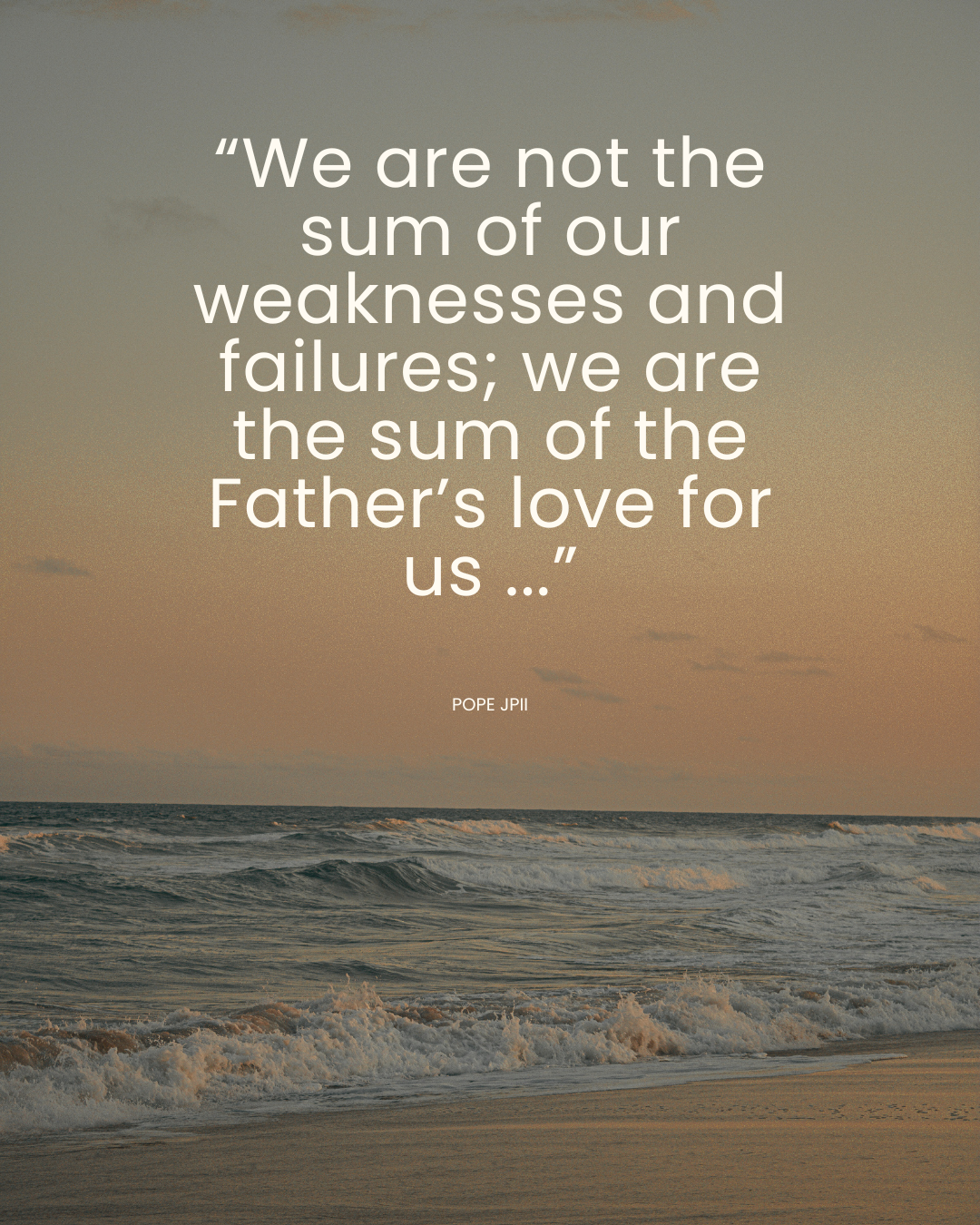1.1 Who are You, really?
Identity:
That Pressure to “Figure It Out”
Did people ever give you advice like this?
“You just have to figure out what you want and what you like, and then go for it.”
Sounds easy, right?
But what if you don’t even really know what you like?
What if you don’t even know who you are?
Yes, sure. I got you.
These days we really struggle with this whole identity thing. And if you feel the pressure of:
“I should know exactly who I am, what I want, and then chase it single-mindedly. But I don’t. So maybe I suck.”
- then: calm down.
It’s okay not to know right now.
It’s okay to be on the journey.
Actually: it’s important. This is a great chance.
Grow where you don’t think it is possible.
The Core of Identity
This word identity is everywhere. People throw it around like we all know what it means.
But do you know what it means to you?
Who are you?
What makes your YOU into a YOU?
I want to show you two perspectives that really help:
The psychological perspective.
The perspective of faith.
1. Psychology: What Science Says About “Identity”
To be precise, we are talking about personal and social identity.
The American Psychological Association (APA) defines it like this (my short version):
- 👤 Physical attributes — e.g. the body you live in, your face, your voice.
- 🎯 Psychological traits — your character, your values, your goals.
- 👩❤️👨 Relationships and roles — daughter, son, student, worker, parent, …
- 🇺🇸 Cultural background — your race, nationality, citizenship, birthplace.
- 👁️ Body and senses — how you feel pain, how your clothes itch, how you see the world
Other sources (like “Dorsch” dictionary for Psychology in German) state that your social status, your job, age etc. also play into your identity.
To sum it up: it is how you perceive yourself with your biography in relation to your social environment.
And here’s the point: your identity is ongoing. It changes, but it also carries continuity. You’re still you tomorrow, and you were the same you last year when you sat on the couch picking your nose (relax, we all do it).
This combination is one-of-a-kind. No one else has the same mix.
Pause here. Just recognize: wow. You are already very, very special and totally incomparable.
But also—most of these things are changeable or depend on outward circumstances you could not influence (like your birthplace).
So… what do we build our identity on? Where’s the anchor?
2. Faith: A Perspective That Goes Beyond
Here’s where another layer comes in.
I know only one thing that doesn’t change:
♥️ God is madly in love with you.
The Church actually speaks into this, and Pope John Paul II once said something amazing:
How powerful would it be if we truly believed that?
Not just as a fact in our brain but as a truth that changes us from inside.
This is very different from psychology. Psychology stays on earth. Faith lifts your identity into something transcendent. Something that stays.
A good friend of mine once asked:
🌿 “Who are you in relation to Christ?”
That’s the core.
And if you don’t know Christ yet: the search is worth it. Even if you only experience one glimpse of that unconditional love, it can transform you forever.
And if you haven’t felt it yet — that’s okay. I know that pain. But I also know: God has something in store for you.
Bringing It Together
So here’s the deal:
Psychology helps you explain a lot about yourself but
Faith tells you that you are unique and beloved in that
And most importantly:
You don’t need to have it all figured out today.
You are already unique.
You are already loved.
If you want to have something more practical. I’ve got you covered ;)
Why not start explore your Status Quo?


